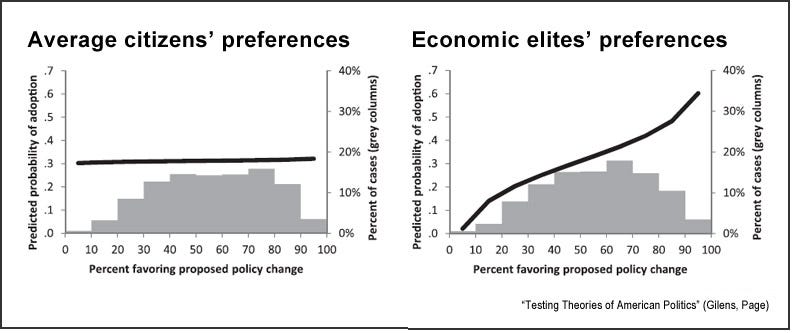Conspiracy Theories and the Distrust in Science: A Deep Dive
Written on
Understanding the Roots of Conspiracy Theories
In today’s digital landscape, it's often easier to ridicule those who subscribe to unfounded conspiracy theories than to address the deeper issues at play. Regrettably, these sensationalized narratives capture more attention than the underlying problem—widespread corruption that seeps into nearly every facet of our institutions, including science, government, and media.
The rampant corruption undermines public trust, while rapid advancements in technology make it challenging for the general populace to discern which innovations have crossed the boundary from fiction to reality. This combination of factors gives rise to conspiracy theories that, while false, can appear rational. A recent example is the claim that Bill Gates is financing a coronavirus vaccine that includes tracking microchips.
When those who mock these conspiracy theorists consider the potential for a minute wire coil embedded in a sticker to function as a radio tracking device—known as passive RFID—they may not realize the implications. Although there is no substantiated evidence that such technology could be miniaturized to fit within a syringe or linger in the bloodstream, the advancements in nanotechnology can make the theory seem less ludicrous than the derisive social media posts suggest.
Thus, while we may dismiss the conspiracy theorists for their beliefs, we should also reflect on their accusations toward Bill Gates. Under his leadership, Microsoft Windows has evolved into a substantial surveillance tool that monitors user activities. Xbox users were once presented with a camera accessory named Kinect, which was designed to operate continuously within their homes. It wasn’t until significant public backlash that Microsoft reconsidered the privacy implications of this product. Therefore, Gates has a historical context of engaging with technologies that track individuals, and his philanthropic efforts cannot erase this reality.
Whom Should Conspiracy Theorists Trust?
One might question whose assurances would sway the minds of conspiracy theorists. Ideally, the credentials of scientists and medical professionals should suffice. However, to comprehend why this is not the case, we can look at Dr. Jason Fung’s lecture on the entrenched corruption within medical science:
The systemic issues he outlines are not confined to the medical field; they resonate across various scientific disciplines. Those who regard peer-reviewed research as the ultimate truth might find a relevant starting point in the following video:
Should conspiracy theorists place their faith in elected officials, or the governmental structures they oversee? A 2014 study from Princeton University sheds light on the disparity between public sentiment and policy influence by economic elites:

The findings suggest that public opinion has little effect on governmental actions, while the preferences of wealthy elites significantly shape policy. This aligns with a growing awareness that our democratic system may not be as transparent as it appears.
Moreover, it is crucial to recognize that the tech, semiconductor, and telecommunications sectors have been collaborating with the government for years, effectively realizing the surveillance nightmare that conspiracy theorists fear through our smartphones. Ironically, the most effective means to dissuade belief in these conspiracies might be to demonstrate that the tracking they fear is already a reality.
A Call for Constructive Dialogue
Instead of merely discrediting conspiracy theories online, we should engage in meaningful discussions addressing these pivotal questions:
- What policies can align the incentives of innovative and reproducible scientific research?
- How can scientific research be funded without influence from monetary gains or losses?
- How can the representation of average citizens be restored within our democracy?
- How can media act as a genuine advocate for the public interest, free from corporate influence?
- How can we hold large corporations accountable for unethical marketing and public relations?
The only fate more concerning than the fear of being microchipped by Bill Gates is the potential consequences of ignoring these critical discussions. Let us prioritize these conversations on social media, moving beyond mere mockery of misinformed beliefs.